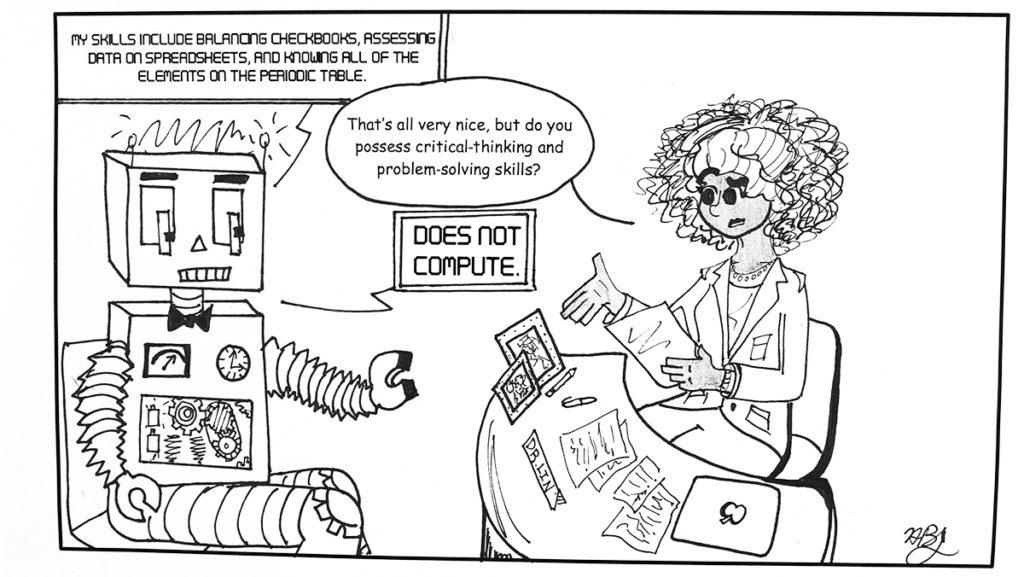Going to college is often marketed as a way to earn particular skills and training to prepare young people for the job market lying ahead. Because of this, fields of study that offer concrete skills — such as financing, nursing and legal studies — see higher popularity among college students.
It is no surprise that the most popular college major is business, as this is a field where students believe they have feasible job options post-college. However, the rising popularity of these fields has also come at the expense of decreased enrollment in the humanities.
This drop in interest in the humanities presents an alarming trend for higher education, which is losing sight of its original purpose: to develop intellectual thinkers. The pressure to succeed in skills-based and lucrative career paths has eclipsed this central mission. Most courses in vocational studies, such as business or law, do not do enough to foster critical–thinking skills. This is the strength of the humanities, as classes in English, philosophy and politics promote a more well-rounded education and expanded worldview.
Studies have also shown that critical thinking is integral to the workforce. Even careers in medicine, law and business require analytical skills and are supplemented by greater knowledge about the world and its systems. According to a study conducted by the Association of American Colleges & Universities in 2015, 80 percent of employers look for students with the skill to apply knowledge to real-world problems. However, only 23 percent of employers believe students are equipped with this skill.
A background in the humanities can become a gateway to many other careers, despite popular belief that has pushed many students to pursue vocational degrees because “that’s where the jobs are.” The humanities guide students to think about issues in a wholesome, multidisciplinary way that can be adapted to any field. Humanities classes foster creativity and problem-solving skills that can benefit students in their personal and professional lives. Another benefit of the humanities is their ability to engage students to care about the world around them and to become politically minded about an array of challenging social–justice topics. Students should leave college with more questions, not all the answers.
This increased focus on vocational training takes away from the original purpose of higher education: to foster critical thinking in students. While it is understandable that the popularity of job-focused fields remains attractive given the current state of the economy, colleges should not lose sight of the value of the humanities and their ability to influence the intellectual growth of their students.














